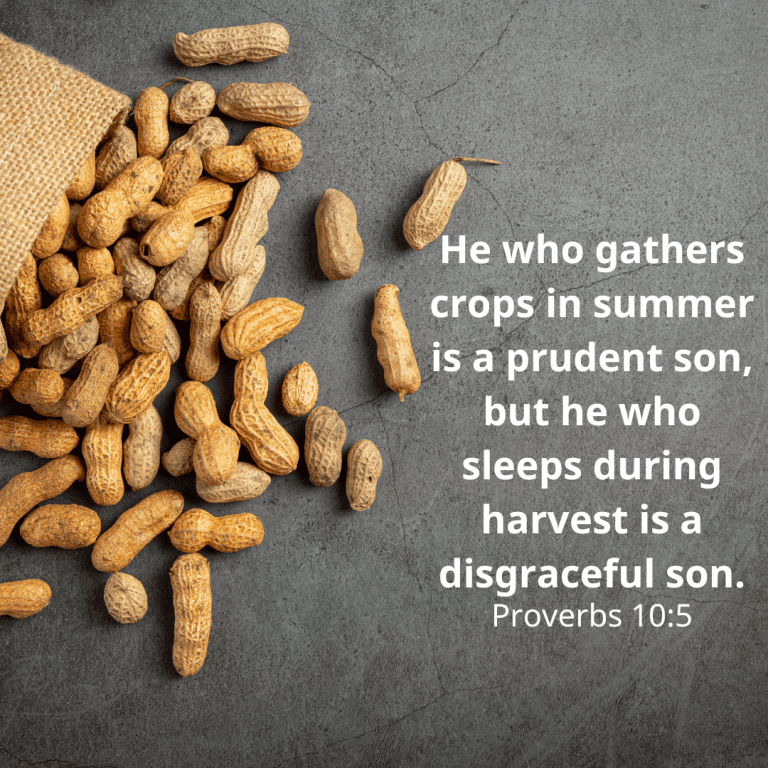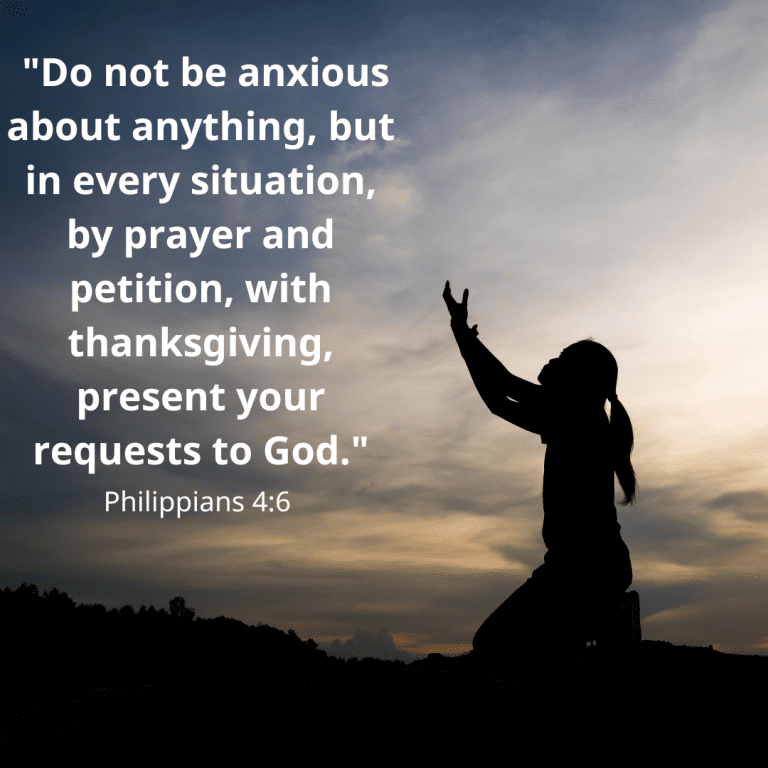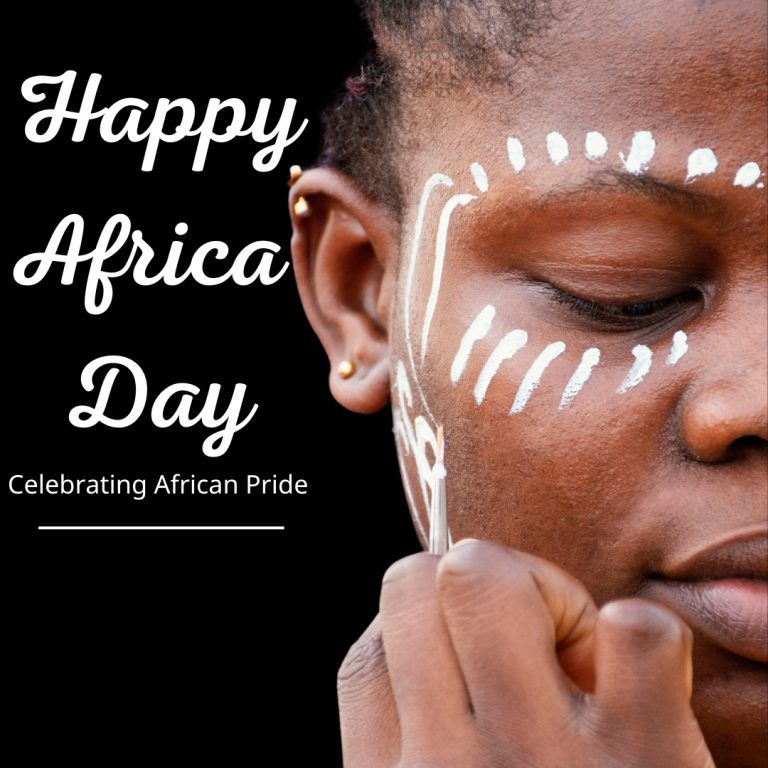Alŋa liro keleŋa ga Kalo imaan gwai gi al Masiiẖ
1 Nyi gwarnu ŋari ŋina ŋiro lira, ada ŋimaje nanaŋ ŋiro ŋitiny, ŋati ŋiro ter gi gine no, abi ŋiro kweleny gwa ŋidi peth; 2 abi ŋeda gwoma gi doi ganu da liji lina lathidima a wukala di gi lamun lina lidhunijo babuŋw gwuŋun. 3 A minoŋ alŋa ko, dina rana litilitiny, alŋa liro jine gi dhuŋun dhina dhigitinu kidhila. 4 Abi dina ma lamun ila, a Kalo ukeja Ŋare ŋuŋun, ŋwuliŋini gi kwa, ŋiliŋinu duthejo dhuŋuna dha naamuus kuni, 5 duŋwulbibre lina lijo gi naamuus ganu, dilro keleŋa ga Kalo. 6 A ŋinena nyaŋa limaro keleŋa guŋun, a Kalo gimukeja Dhigirima dha Ŋari ŋuŋun gi dugor ganu dalo, ŋwure gwula, ŋwarnu, Babo gwai, a Babo. 7 A minoŋ ŋa gwati gwiro gine manaŋ no, ŋabiro ŋari; a ada ŋa gwimaro ŋari, a minoŋ ŋa gwuthi ŋelenya ŋa Kalo al Masiiẖ gwai.
Buulus gwabiŋaijo lijo lina limurle dugore galo degen gi ŋidi ŋina ŋike dathil auradhi dapai ŋida ŋina ŋike manaŋ no
8 Abi kaija ibige gina gati giliŋidhanyagai Kaloŋa no, nyaŋa lupijo ŋediŋaije ŋiro lina liro kalo, abi gi dhuŋun dhina dhuthilo lati liro kalo no. 9 Abi ŋinena nyaŋa limaliŋa Kaloŋa, abi gwoinyadhanu nyaŋa limaliŋini dugun, akwai nyaŋa luthi ŋoma daura manaŋ gi dhuŋun dhina dhigitinu kidhila dhina dhimulo nono a dhina dhati dhuthi ŋida no dhina dhathanya bupe, danyadhai gukini manaŋ? 10 Nyaŋa lathaŋidhani ŋwamun, a ŋwamun ŋwa ko, a ŋwa dhorum, a ŋwa ŋwuram, a ŋwa kaiyo, a jidhila. 11 Nyi gwidhenyadhadho dagalo dathajupijo ŋiro tur no.
12 Nyi gwothaijaje galo, limega lai, danyaro ŋinena nyi; ŋinena nyi ko gwaro ŋinena nyaŋa; athinyil upijo dhuŋuna dheda dhina dhike no. 13 Abi nyaŋa liliŋidhi akwai gi mule nono gwa aŋinu nyi gwabiŋaijaje Dhuŋuna dhina Dhiŋir kwereny. 14 A idheje gwina gwijo kaŋinu iny athanya doinyo, i athanya irinu no; nyilbuminyi gwiro ŋinena malaak gwa Kalo, gwiro ŋinena nyan uminyi al Masiiẖ Yasuuⓐuŋw. 15 A minoŋ dhuŋun dhimela na dhina dhuthi baraka dhina dhabiŋaijaje? Ŋinena nyi gwiro shaahid gwalo darnu nyaŋa limawala je galo jalo, nyildhedha, ada dhuŋun ibidha dhimuthi ŋoma dupini. 16 A minoŋ nyi gwimaro dhuwan dhalo, ŋinena majabiŋaijo dhuŋuna dhina dhiro titiganu a? 17 Liji ibila lara lajiŋiriye dugore; abi dhuŋun dhegen dhati dhiŋir no, abi lathibupe dajilodhadha buiny danyabupe dhuŋuna dhegen. 18 Dhuŋun dhiŋir ada limaji uminyi gi dhuŋun dhina dhiŋir ŋwamun peth, a gwati gwaudhi ada nyi gwimaje dagalo ganu dogo no. 19 Keleŋa gai giny gina gitigitiny, nyi gwimumi ŋiya ko gwan nyaŋa gi liŋini di al Masiiẖ gitini dagalo momaŋ. 20 Abi nyi gwuminyu dinyje dagalo, a nyurle ŋwal galo ŋwiny; ŋinena ubiny galo gwan nyaŋa.
S̱uura gi dhuŋun dha kitham gina gurun
21 Abiŋaijinyilo, nyaŋa lina lathibupe danyaje gi naamuus ganu, nyaŋa lati luthejo dhuŋuna dha naamuus nyuni na? 22 Ŋinena ulinuŋwna darnu, Ibraahiim gwuthi keleŋa ram, ŋeta ŋa kwa gwina gwiro gine, a ŋeta ŋa kwa gwina gwati gwiro gine no. 23 Abi ŋina ŋiliŋinu kwa gwina gwiro gine, ŋiliŋinu gi dhuŋun dha aŋinu; abi ŋina ŋiliŋinu kwa gwina gwati gwiro gine no, ŋiliŋinu gi dhuŋun dhina dhabiŋaijidhai Kalo. 24 A ŋidi peth ibiŋa ŋiro s̱uura; ibila lina liro ram liro ŋinena dhuŋun dhina dhidiminu ram; a dheta dhigitinu gi len lina lan Siinaa, diliŋa keleŋa gina giro jine, gwina gwan Haajar. 25 Ŋinena Haajar ibigwa gwiro ŋinena len lina lan Siinaa gi Ⓐarabiiya, abi gwiro ŋinena Urushaliim gwina gwo ŋinena, a gwina gwiro gine keleŋa gai guŋun. 26 Abi Urushaliim gwina gwo kabo, ŋeda gwina gwiro nana gwega alŋa peth, ŋeda gwati gwiro gine no. 27 Minoŋ dhulinu, Iŋirii dhugore, kwa gwai gwina gwiro ludum gwina gwati gwiliŋidhi no; opadhalaŋ, ŋure gwula, ŋa gwina gwati gwuthi ŋwuredenya ŋwa dhiliŋa no; ŋinena kwa gwina gwijalo cucun gwuthi keleŋa goinyadhanu gi kwa gwina gwuthi kwoma. 28 Abi anaŋa, limega lai, anaŋa liro ŋinena Isẖaag, anaŋa liro keleŋa ga dhuŋun dhina dhabiŋaijidhai Kalo Ibraahiimuŋw. 29 Abi gwiro ŋinena kaija ibige gwina gwiliŋinu gi dhuŋun dha aŋinu ŋwirini gwina gwiliŋinu gi Dhigirim, a minoŋ ŋinena ko. 30 Abi ŋinena kitham garakwai? Ruco kwaio gwina gwiro gine a ŋari ŋuŋun; ŋinena ŋari ŋa kwa gwina gwiro gine ŋati ŋalmutha ŋelenya ŋari ŋai ŋa kwa gwina gwati gwiro gine no. 31 A minoŋ, limega lai, anaŋa lati liro keleŋa ga kwa gwina gwiro gine no, abi anaŋa liro keleŋa ga kwa gwina gwati gwiro gine no.
1 But now to continue—the son who will receive his father's property is treated just like a slave while he is young, even though he really owns everything. 2 While he is young, there are men who take care of him and manage his affairs until the time set by his father. 3 In the same way, we too were slaves of the ruling spirits of the universe before we reached spiritual maturity. 4 But when the right time finally came, God sent his own Son. He came as the son of a human mother and lived under the Jewish Law, 5 to redeem those who were under the Law, so that we might become God's children.
6 To show that you are his children, God sent the Spirit of his Son into our hearts, the Spirit who cries out, “Father, my Father.” 7 So then, you are no longer a slave but a child. And since you are his child, God will give you all that he has for his children.
Paul's Concern for the Galatians
8 In the past you did not know God, and so you were slaves of beings who are not gods. 9 But now that you know God—or, I should say, now that God knows you—how is it that you want to turn back to those weak and pitiful ruling spirits? Why do you want to become their slaves all over again? 10 You pay special attention to certain days, months, seasons, and years. 11 I am worried about you! Can it be that all my work for you has been for nothing?
12 I beg you, my friends, be like me. After all, I am like you. You have not done me any wrong. 13 You remember why I preached the gospel to you the first time; it was because I was sick. 14 But even though my physical condition was a great trial to you, you did not despise or reject me. Instead, you received me as you would an angel from heaven; you received me as you would Christ Jesus. 15 You were so happy! What has happened? I myself can say that you would have taken out your own eyes, if you could, and given them to me. 16 Have I now become your enemy by telling you the truth?
17 Those other people show a deep interest in you, but their intentions are not good. All they want is to separate you from me, so that you will have the same interest in them as they have in you. 18 Now, it is good to have such a deep interest if the purpose is good—this is true always, and not merely when I am with you. 19 My dear children! Once again, just like a mother in childbirth, I feel the same kind of pain for you until Christ's nature is formed in you. 20 How I wish I were with you now, so that I could take a different attitude toward you. I am so worried about you!
The Example of Hagar and Sarah
21 Let me ask those of you who want to be subject to the Law: do you not hear what the Law says? 22 It says that Abraham had two sons, one by a slave woman, the other by a free woman. 23 His son by the slave woman was born in the usual way, but his son by the free woman was born as a result of God's promise. 24 These things can be understood as a figure: the two women represent two covenants. The one whose children are born in slavery is Hagar, and she represents the covenant made at Mount Sinai. 25 Hagar, who stands for Mount Sinai in Arabia, is a figure of the present city of Jerusalem, in slavery with all its people. 26 But the heavenly Jerusalem is free, and she is our mother. 27 For the scripture says,
“Be happy, you childless woman!
Shout and cry with joy, you who never felt the pains of childbirth!
For the woman who was deserted will have more children
than the woman whose husband never left her.”
28 Now, you, my friends, are God's children as a result of his promise, just as Isaac was. 29 At that time the son who was born in the usual way persecuted the one who was born because of God's Spirit; and it is the same now. 30 But what does the scripture say? It says, “Send the slave woman and her son away; for the son of the slave woman will not have a part of the father's property along with the son of the free woman.” 31 So then, my friends, we are not the children of a slave woman but of a free woman.




